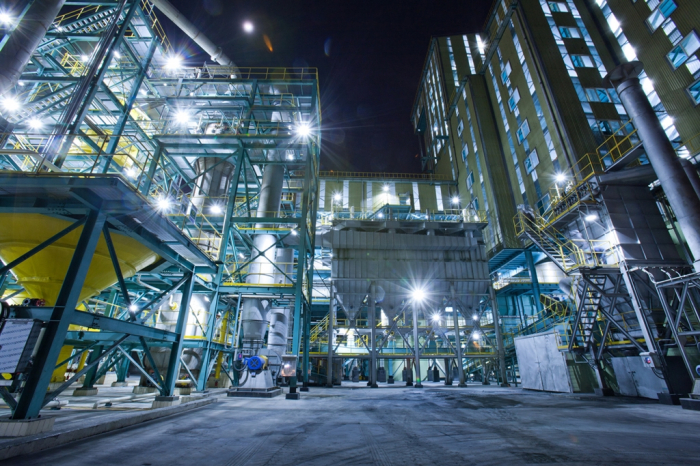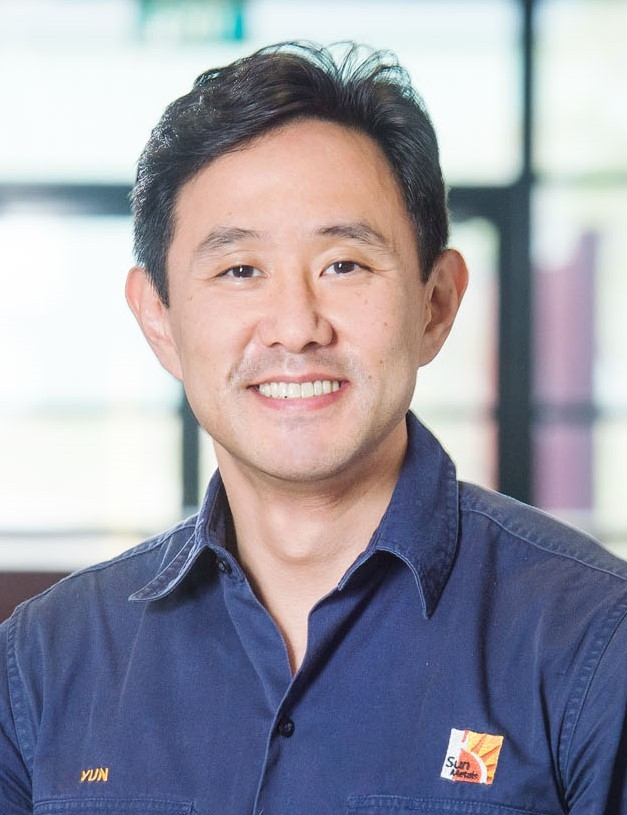Corporate investment
Korea Zinc to invest $7.5 billion in green hydrogen, battery materials
Choi Yun-Birm, the smelter’s vice chairman and co-CEO, is leading the shift in the firm’s business focus
By Aug 09, 2022 (Gmt+09:00)
2
Min read
Most Read
LG Chem to sell water filter business to Glenwood PE for $692 million


KT&G eyes overseas M&A after rejecting activist fund's offer


Kyobo Life poised to buy Japan’s SBI Group-owned savings bank


StockX in merger talks with Naver’s online reseller Kream


Meritz backs half of ex-manager’s $210 mn hedge fund



Korea Zinc Co., the world’s largest lead and zinc smelter, plans to spend 9.74 trillion won ($7.5 billion) in renewable energy, green hydrogen and battery materials until 2030 to expand its business beyond non-ferrous metal smelting.
According to industry sources on Tuesday, the company will invest 8.57 trillion won in renewable energy and hydrogen projects to be led by its two Australian affiliates – Ark Energy, a sister company of Australian zinc producer Sun Metals, which is part of Korea Zinc; and Australia's largest renewable energy developer Epuron, which it acquired last year.
Last September, Korea Zinc signed a deal with the Port of Townsville in Queensland on hydrogen exports.
Under the agreement, Ark Energy, a renewable energy firm, will produce liquid hydrogen and export locally produced green hydrogen to Korea through the port.
Green hydrogen is the cleanest variety as it uses renewable energy to produce hydrogen from water.

ONE OF AUSTRALIA’S BIG 5 HYDROGEN COMPANIES
Korea Zinc said it aims to become one of Australia’s Big 5 hydrogen companies by 2030 by producing 500,000 tons of green hydrogen a year.
“Some of the green hydrogen produced in Australis will be supplied to Sun Metals. We will manufacture eco-friendly zinc through a method that produces no carbon,” said a Korea Zinc official.
The company also plans to invest 736.5 billion won in KZAM Corp., its copper foil-producing subsidiary, to increase its production capacity to 60,000 tons by 2027 from the current 13,000 tons.
Copper foil coats anode materials used in rechargeable batteries.
In July of this year, Korea Zinc acquired a 73.21% stake in Igneo Holdings LLC, a US-based electronic waste recycling company for $332 million.
Igneo collects electronic waste and extracts copper, gold, silver and palladium during the smelting process.
Korea Zinc expects that Igneo’s e-waste supply chain will ensure a steady supply of copper foil materials and smooth its entry into the rechargeable battery recycling market.
Korea Zinc Vice Chairman and co-CEO Choi Yun-Birm, the third-generation leader from its founding family, has been aggressively pursuing new growth engines since he took the helm of Korea Zinc in 2019.
He said the company will go beyond non-ferrous metal processing to widen its business scope to renewable energy, green hydrogen, waste recycling and rechargeable battery materials.
Write to Ik-Hwan Kim at lovepen@hankyung.com
In-Soo Nam edited this article.
More to Read
-
 Mergers & AcquisitionsKorea Zinc buys US e-waste recycling firm for $332 mn
Mergers & AcquisitionsKorea Zinc buys US e-waste recycling firm for $332 mnJul 12, 2022 (Gmt+09:00)
2 Min read -
 BatteriesLG Chem, Korea Zinc affiliate KEMCO to launch battery precursor JV
BatteriesLG Chem, Korea Zinc affiliate KEMCO to launch battery precursor JVJun 02, 2022 (Gmt+09:00)
1 Min read -
 SteelPoongsan, Korea Zinc to benefit from rising raw material prices
SteelPoongsan, Korea Zinc to benefit from rising raw material pricesMar 14, 2022 (Gmt+09:00)
1 Min read -

-
 Hydrogen economyKorea Zinc expands from smelter to hydrogen, battery materials maker
Hydrogen economyKorea Zinc expands from smelter to hydrogen, battery materials makerSep 27, 2021 (Gmt+09:00)
3 Min read
Comment 0
LOG IN


